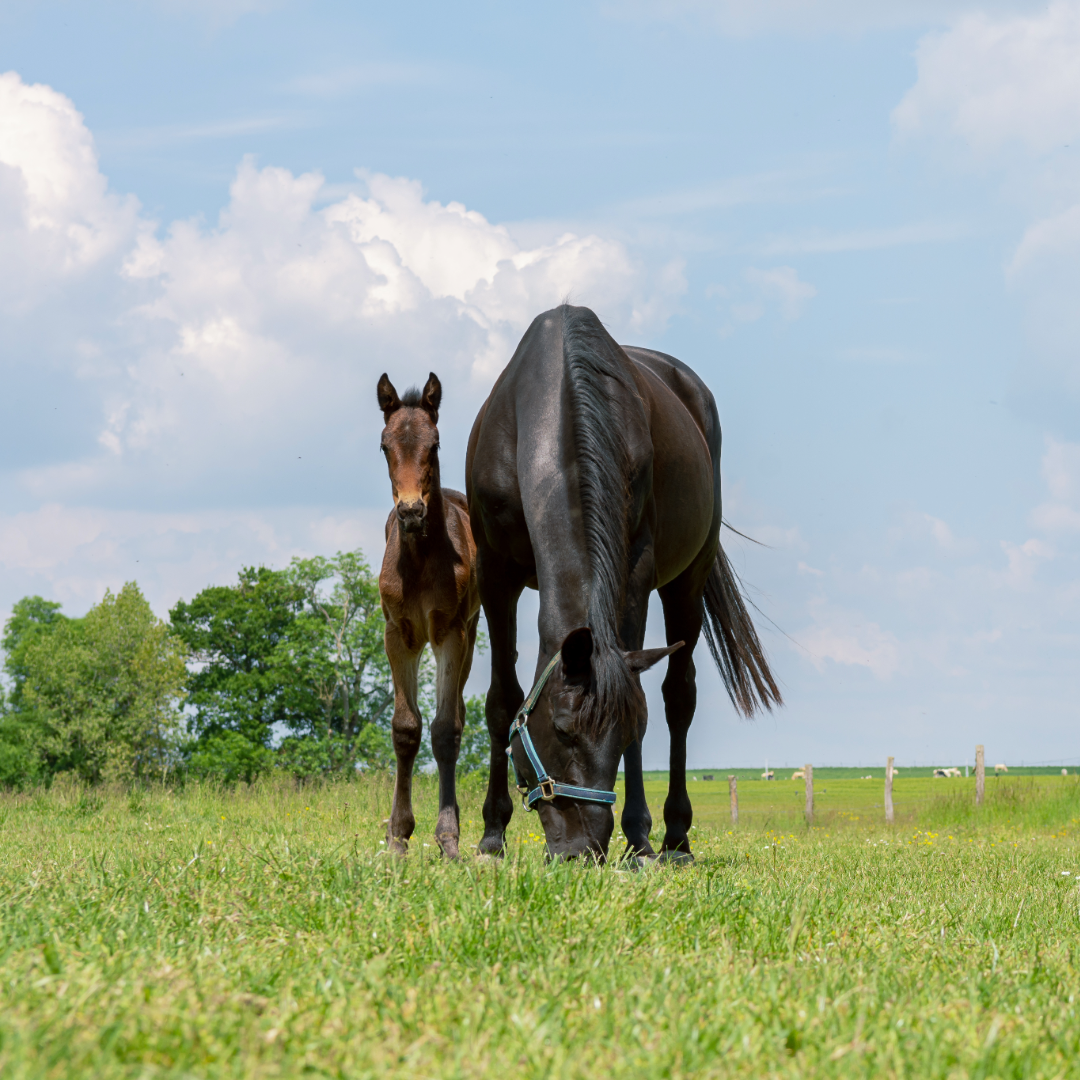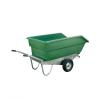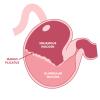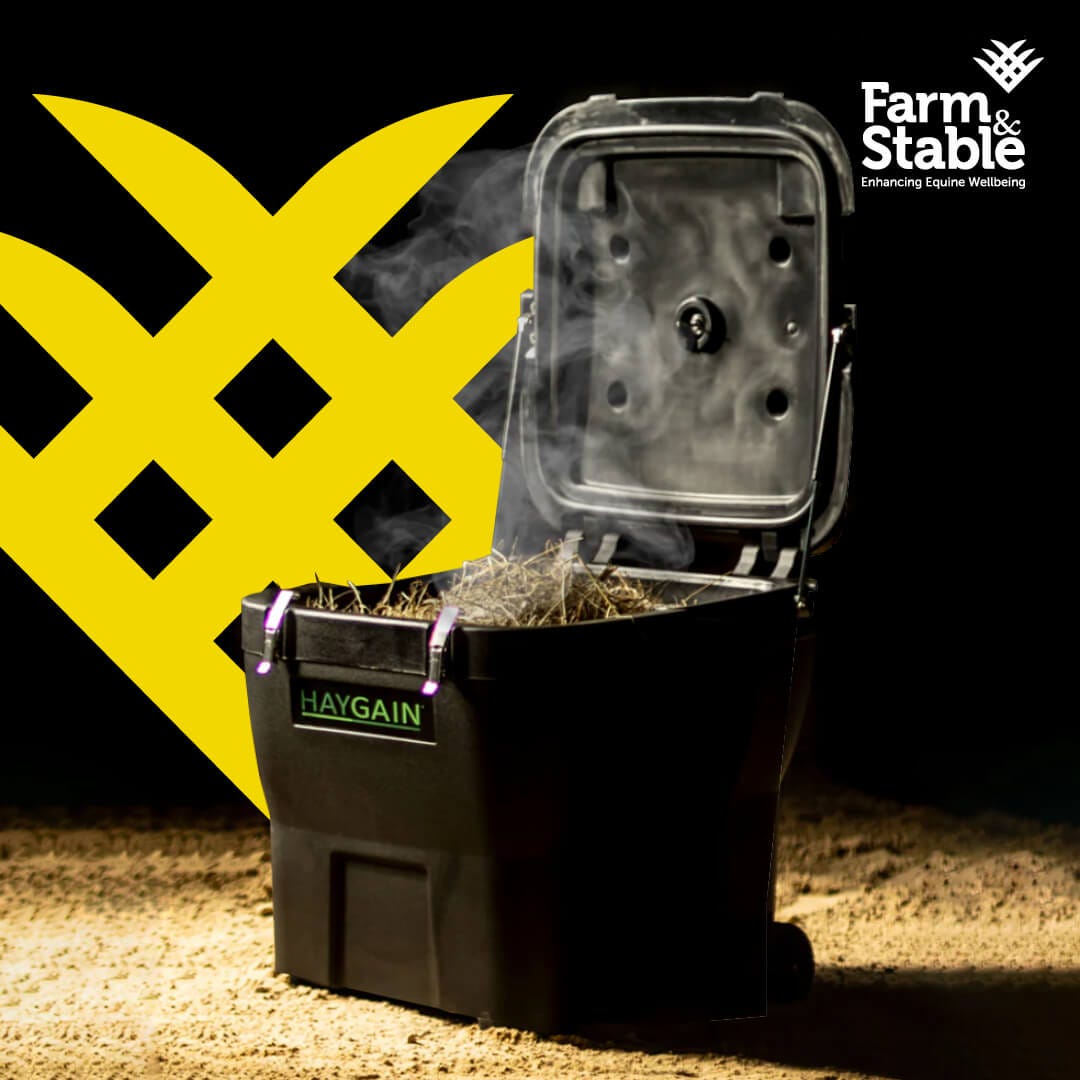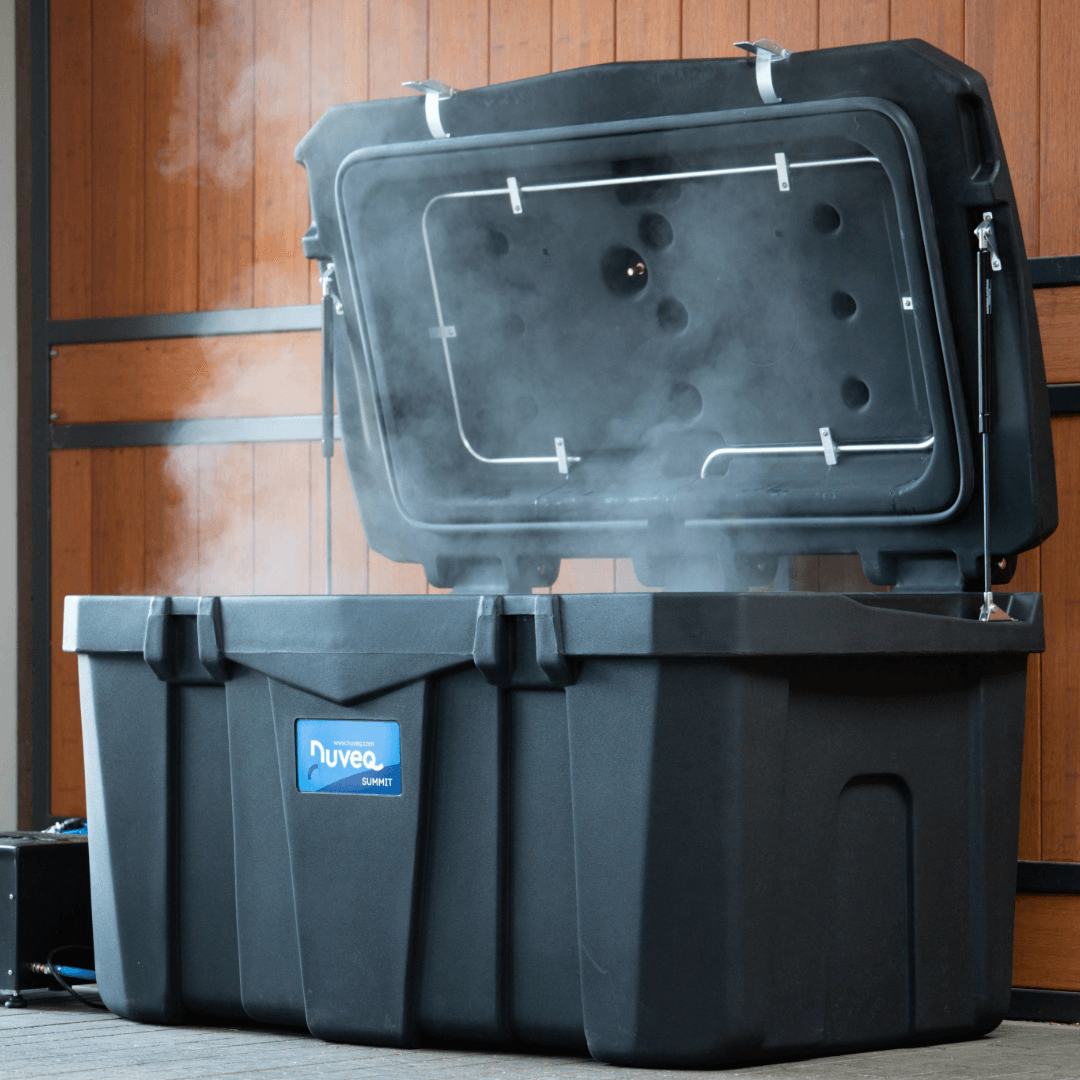
The meaning of scour quite literally is ‘purging of the bowels’ and is a common name for diarrhoea. Foal heat scours, also known as neonatal diarrhoea or foal heat diarrhoea, is a condition characterized by diarrhoea in newborn foals. This condition typically occurs within the first two weeks of a foal's life, specifically during the mare's first postpartum estrus (heat) cycle, which usually happens around 5 to 14 days after giving birth.
Scour in foals can be caused or triggered by several different factors, these can include:
Changes in the mare's milk composition: The mare's milk undergoes changes during the postpartum period, and these changes can sometimes result in softer stools or diarrhoea for the foal.
Stress and environmental factors: The foal's immune system is still developing, and stressors such as changes in the environment, weather conditions, or disruptions in routine can make them more susceptible to infections and gastrointestinal issues.
Infections: Bacterial or viral infections, such as those caused by Escherichia coli (E. coli) or rotavirus, can lead to diarrhoea in foals.
Contaminated surroundings: Exposure to contaminated bedding, water, or feed can contribute to gastrointestinal upset and diarrhoea in foals.
Newly born foals do not have a great deal of resilience to their environment, and even small changes or a stressful situation can alter the pH of the gut, triggering a scour. This can enable harmful microorganisms to gain significant hold in the gastrointestinal tract; these could include Rotavirus, Salmonella or C. Perfringens. Nevertheless, scours are thought to be a natural process for foals and other young animals which enables them to acquire essential gut microflora and fauna.
Foal heat scours can be potentially dangerous for the foal due to several reasons:
Dehydration: Diarrhoea can lead to dehydration, which is particularly concerning in young foals as they have limited fluid reserves and can become dehydrated more quickly than adult horses.
Electrolyte imbalance: Diarrhoea can result in the loss of essential electrolytes, such as sodium, potassium, and chloride. An electrolyte imbalance can lead to weakness, lethargy, and other health issues.
Nutritional deficiencies: Diarrhoea can reduce the foal's ability to absorb nutrients from the mare's milk, potentially leading to nutritional deficiencies.
Increased susceptibility to infections: The compromised health of a foal with diarrhoea makes them more susceptible to secondary infections, which can further complicate the condition.
How do you distinguish foal heat scour and infectious causes of diarrhoea?
Foals experiencing foal heat diarrhoea will not be systemically ill; they will normally remain bright, active and alert without fever and will continue to nurse well. A foal with infectious causes of diarrhoea will tend to be quiet, depressed, will not nurse well and often has a fever.
Determine the foal’s temperature; normal rectal temperature is between 99° and 101.5°F. Monitor the foal’s nursing habits; it should be nursing several times an hour. Check the mare’s udders to ensure they are not extremely full or even dripping, this will confirm if the foal is nursing adequately or not.
Monitor the foal for signs of diarrhoea, foal heat diarrhoea usually results in mildly loose or very slightly watery diarrhoea, and the challenges are a loss of fluids and electrolytes. Diarrhoea from infectious causes will be extremely watery.
Other cases of diarrhoea can be associated with changes in feed, making gradual changes over several days can help minimise these upsets.
If in any doubt about your foal’s health or diarrhoea always consult your veterinarian.
How to stop or treat diarrhoea?
A foal's health can deteriorate quickly if its scours are left untreated and it can even be fatal in extreme cases. Correct nutrition and a foal heat scour treatment is the best course of action for a foal in this condition. Typical foal heat scour treatments are based on the concept of ensuring that the gut is protected to avoid bacterial invasion of the intestinal epithelium. The intestinal epithelium is the single cell layer that forms the luminal surface or lining of both the small and large intestine — removing harmful toxins, maintaining correct electrolyte and body fluid levels and stimulating the gastrointestinal tract with the colonisation of beneficial microorganisms.
There are many products available to help with digestive tract upset, with some brand names being Biosponge, Protexin, Tuffrock and Friska Foal.
In our opinion, Diazorb Paste is the most effective product available due to its composition of Bentonite, Prebiotics, Probiotics, Pectin, Dextrose and Sodium Chloride in the correct formulation to replace the vital electrolytes that are lost during scours.
Bentonite is a highly absorbent phyllosilicate clay which helps to absorb toxins, lining the gut at the same time to reduce inflammation and the passing of microorganisms from the lumen into the animal. Prebiotics are compounds that aid the development of beneficial microflora in the gut. The most effective prebiotics are thought to be Fructo-oligosaccharides and mannan-oligosaccharides. Probiotics are beneficial microorganisms; Saccharomyces Cerevisiae will reproduce in the hindgut. Pectin is a dietary fibre which helps to reduce the flow of fluids in the faeces. Dextrose is a simple sugar energy source. Lastly, sodium chloride is an electrolyte mix for rapid electrolyte replacement which is very important to the animal’s recovery.
Diazorb Paste is also suitable for adult horses experiencing unusually loose stools or diarrhoea. Always ensure there is not an underlying serious health issue causing the diarrhoea.
The take-home message is don’t ignore digestive tract upsets. Fast treatment is essential to give your foal the best start that it deserves.


 Forgotten your password?
Forgotten your password?  Free Delivery on all orders over £95+VAT
Free Delivery on all orders over £95+VAT
